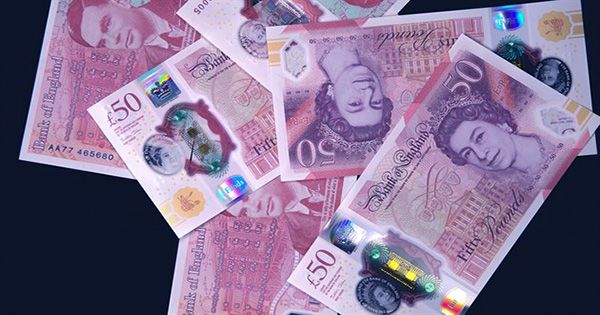Commonly known as the father of computer science, Alan Turing had a brilliant mind that paved the way for computers, as we know them. With a team of code-breakers in Bletchley Park, England, Turing broke down the infamous Enigma code used by the Nazis in the WWI using an advanced machine like a modern computer and the idea of a “universal machine” that could execute and operate instructions.
His work was integral to establishing the field of computer science, as well as playing a key role in the creation of the Turing test with artificial intelligence. Despite his incredible reputation, Alan Turing blamed for one thing – he was gay.
A crime in 1952, Turing’s homosexuality was as a charge against him for heinous obscenity and harsh punishment against him. He was unpredictable about whom he was and later forced to take a treatment that could chemically spread him, even though both society and government mistreated him. A man whose work saved an estimated 14-28 million lives was repeatedly encouraged and harassed by the police and confined to his home. In 1954, Turing took his own life after eating an apple with cyanide. Although he pardoned in 2013, the loss of Alan Turing is often as one of the British government’s failures.
Now, the Bank of England has released their latest and most recent polymer note design, showing Turing as a front-end look. The new note pays homage to the various tubes of great math work and his life and still considered most secure note. The bank will also fly a rainbow flag in his honor above its headquarters in Threadneedle Street, London.
“He was a leading mathematician, developing biologist and pioneer in computer science,” Andrew Bailey, governor of the Bank of England, said in a statement. “She, too, was gay and was treated horribly as a result. We are celebrating her achievements by putting her on our new Polymer 50 note and the values she has embodied.” In celebration of the release, GCHQ, one of the UK government’s leading intelligence and security agencies, has announced the Turing Challenge, revealing their most difficult puzzle yet. Are you smart enough to crack codes on a £50 note?
















